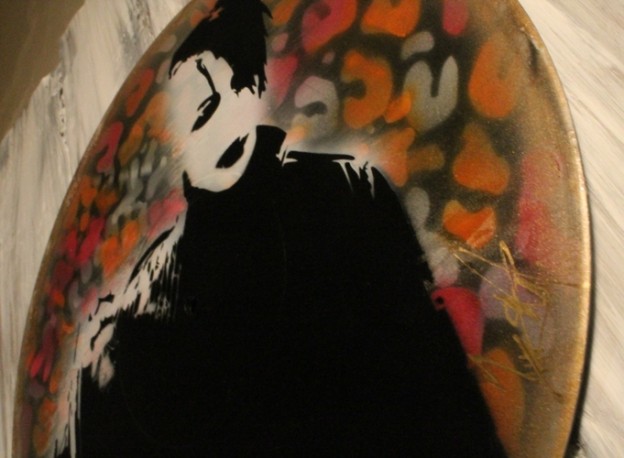From Carson C.T.Collins
If you’re interested in exhibiting your artwork in commercial galleries, here’s some stuff I have learned over the past 30 years, for whatever it’s worth.
Most galleries have a web site. Go there first. This will tell you what their submissions policies are (which, in this era of rapidly changing technology, varies greatly from one to another); also, it will tell you whether or not they are interested in reviewing new artists at all. Most established galleries are already committed to a stable of 12 to 20 artists, and are not looking for any new ones.
The only kind of galleries that are going to pick up new artists are new galleries. And here’s the sad truth about that: Nine out of ten new galleries (and new small businesses in general) fail during the first two years. If you’re lucky enough to get a show, get a written contract, and insist on being paid promptly. If you let them put you off, odds are the gallery will go bankrupt and you’ll never get paid at all.
Don’t make “cold calls”. This is a pure waste of the gallery’s time, and yours. Further, 19 times out of 20 they are going to be extremely rude as they show you the exit. This, you probably don’t need.
Be sensible. Look at the kind of art and artists the gallery exhibits. If your artwork is vastly disparate, they aren’t going to be interested. You have to fit into their niche.
Be aware that nowadays, in general, the gallery finds the artist, not the other way around.For example, all of the galleries that have exhibited my paintings during the past seven years found me via the Internet. This is why you need to have your artwork on line, in as many places as possible.
Be persistent. Nobody is going to stumble into your studio and “discover” you. Nobody is going to market your artwork but you. Yes, if you have the money, you can hire an agent. I’ve had a few, and here’s my advice: someone who asks an artist for money up front is admitting that they have absolutely no confidence in their ability to get you sales. If they were confident, they’d work for a percentage of those sales. In general, artists’ agents make their money from the gullibility of artists, not by selling artwork.
Optimize your website for search engines. If you can’t learn to write “spider food”, one investment you actually might want to make is to pay someone to optimize your primary web site for search engines. If your web site is on page 15,000 at Google for the relevant search terms, you might as well not have one.
Be prepared for a lot of rejection. In most urban areas there are about 1,000 artists competing for every one opportunity to exhibit their work in a gallery. The odds are not good.
Be aware that, even if you do get a gallery or galleries to show your work, this is no guarantee of any kind of decent income. All of the artists I know personally either have inherited money, a pension, a working spouse, or a part-time job.

Leave a Reply
You must be logged in to post a comment.